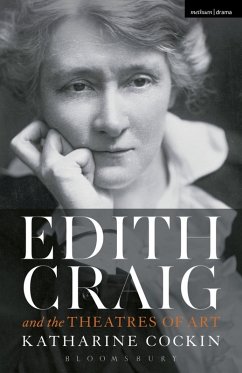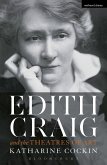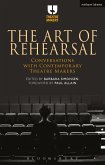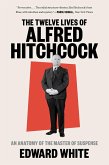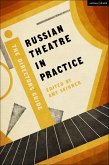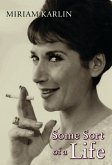This new biography explores the extraordinary life of Edith Craig (1869-1947), her prolific work in the theatre and her political endeavours for women's suffrage and socialism. At London's Lyceum Theatre in its heyday she worked alongside her mother, Ellen Terry, Henry Irving and Bram Stoker, and gained valuable experience. She was a key figure in creating innovative art theatre work. As director and founder of the Pioneer Players in 1911 she supported the production of women's suffrage drama, becoming a pioneer of theatre aimed at social reform. In 1915 she assumed a leading role with the Pioneer Players in bringing international art theatre to Britain and introducing London audiences to expressionist and feminist drama from Nikolai Evreinov to Susan Glaspell.
She captured the imagination of Virginia Woolf, inspiring the portrait of Miss LaTrobe in her 1941 novel Between the Acts, and influenced a generation of actors, such as Sybil Thorndike and Edith Evans. Frequently eclipsed in accounts of theatrical endeavour by her younger brother, Edward Gordon Craig, Edith Craig's contribution both to theatre and to the women's suffrage movement receives timely reappraisal in Katharine Cockin's meticulously researched and wide-ranging biography, released for the seventieth anniversary of Craig's death.
She captured the imagination of Virginia Woolf, inspiring the portrait of Miss LaTrobe in her 1941 novel Between the Acts, and influenced a generation of actors, such as Sybil Thorndike and Edith Evans. Frequently eclipsed in accounts of theatrical endeavour by her younger brother, Edward Gordon Craig, Edith Craig's contribution both to theatre and to the women's suffrage movement receives timely reappraisal in Katharine Cockin's meticulously researched and wide-ranging biography, released for the seventieth anniversary of Craig's death.

